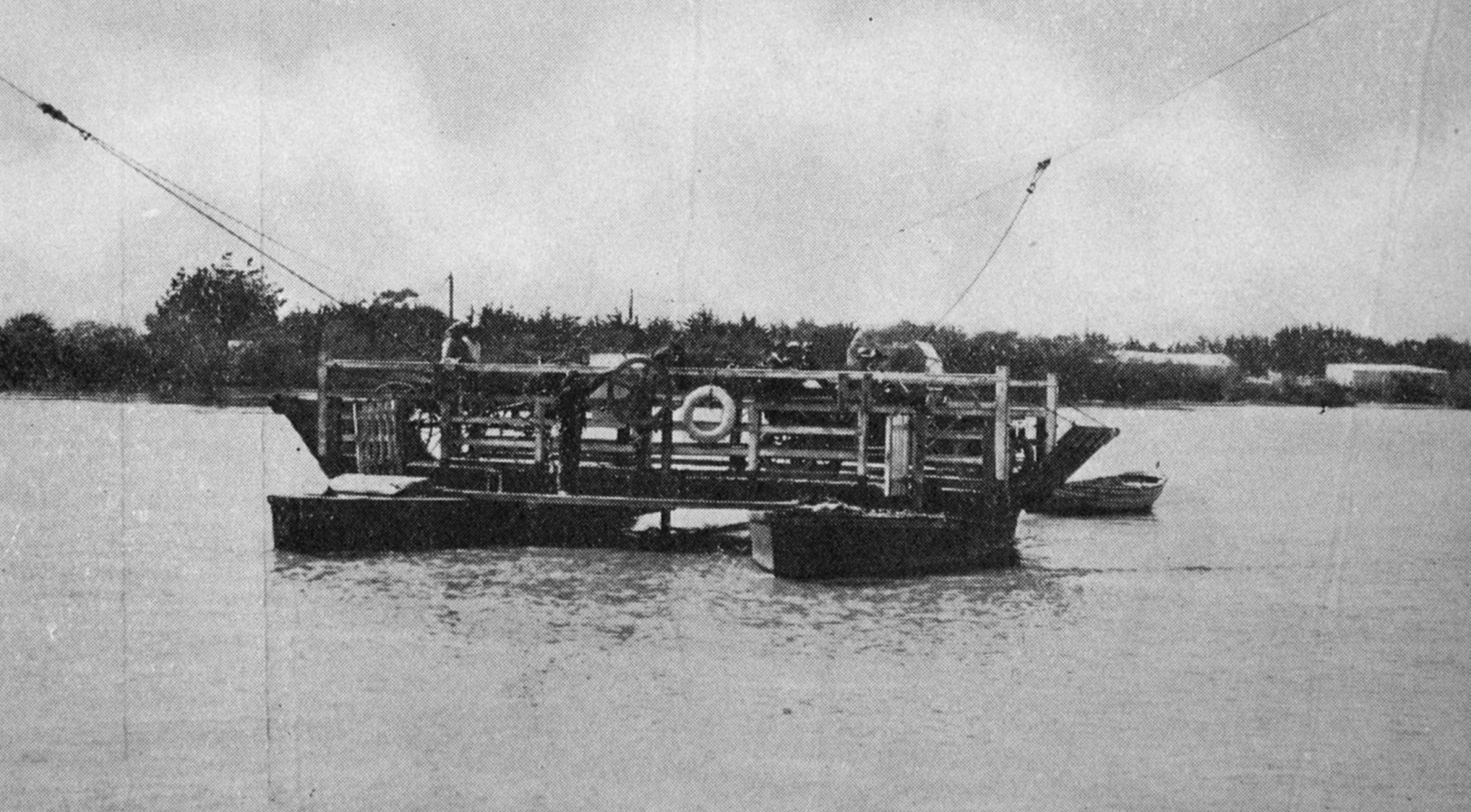
A monarch among birds
The royal albatross is the most wonderful of them all. The royal is the largest of all the species. The text books say he has been known to measure 16 feet from tip to tip. He can sail majestically for an hour without a motion of the wing, and when planing swiftly against the wind, he makes a reverberating sound like the whir of an aeroplane. In appearance he is distinguished by his pure white breast.
No clemency for condemned
An Executive Council was held by his Excellency the Governor-General at Dunedin yesterday to consider a petition for the reprieve of John Tuhi, sentenced to death for the murder of Herbert Henry Knight. Cabinet could find no reason why the sentence should not be carried into effect. The judge’s report and the evidence and documents had been submitted for his Excellency’s perusal and consideration. His Excellency concurred in the advice tendered to him, and it was accordingly determined that the sentence be carried into effect. The petition for reprieve was based on the claim that Tuhi’s upbringing had been against him. Tuhi’s parents were unable to give his age, but that it was probably about 20 years. The condemned man was born at Manunui, in the King Country. At the age of about two years he was sent to his uncle at Tokaanu, and at the age of about eight he returned to Manunui. At 10 he went to Tokaanu again. At Tokaanu Tuhi went to school, but for how long he cannot tell. The petition stated that according to the results of inquiries made by the police Tuhi must have had not more than two months’ schooling.
About two years ago he returned to Manunui, and after a disagreement with his parents left them.
Tuhi’s race, his immaturity, and, above all, his upbringing, were brought to the Governor-General’s notice as reasons for commuting his sentence of capital punishment into one of imprisonment. "He has not had the benefit of proper home surroundings or a decent and proper chance of education," said the petition. “He has been in the vital years of his life deserted by his parents, who have since his arrest refused to help him in any way, and refused to answer any correspondence addressed to them dealing with his plight." — ODT, 13.4.1923
Compiled by Peter Dowden












